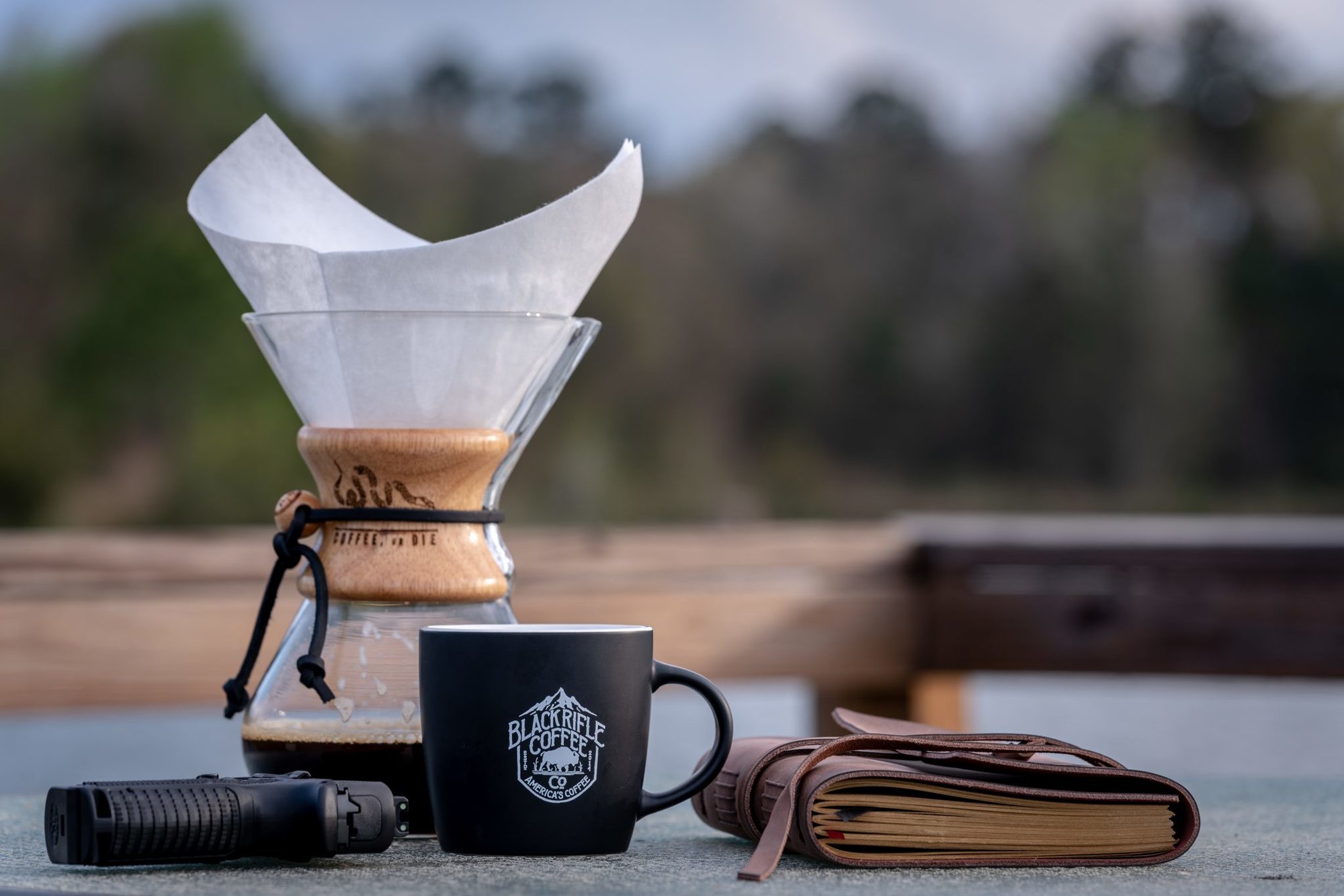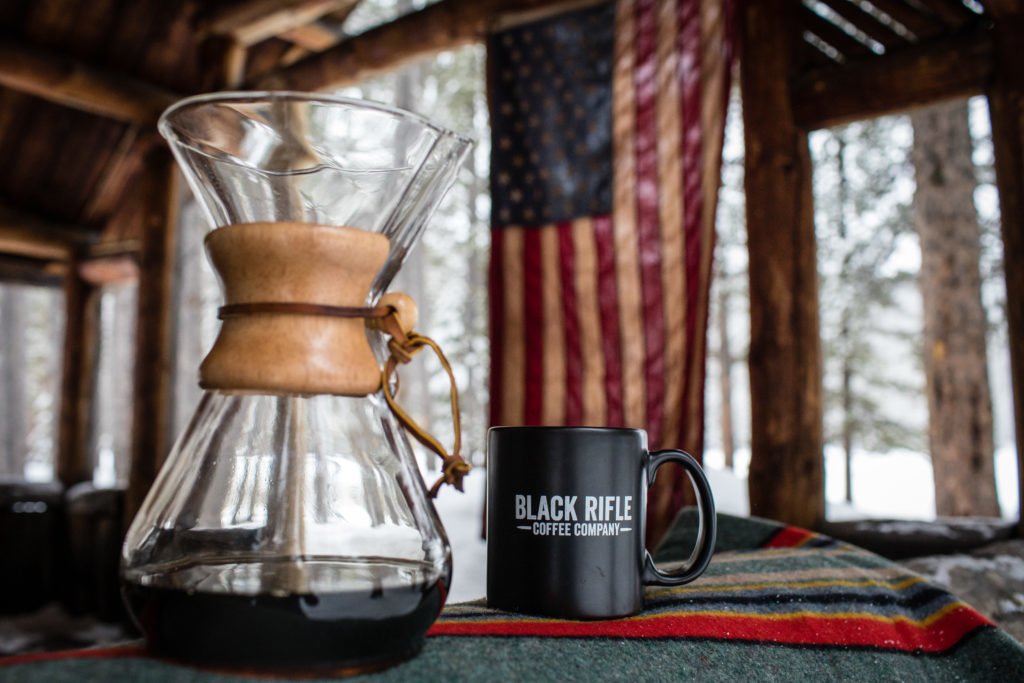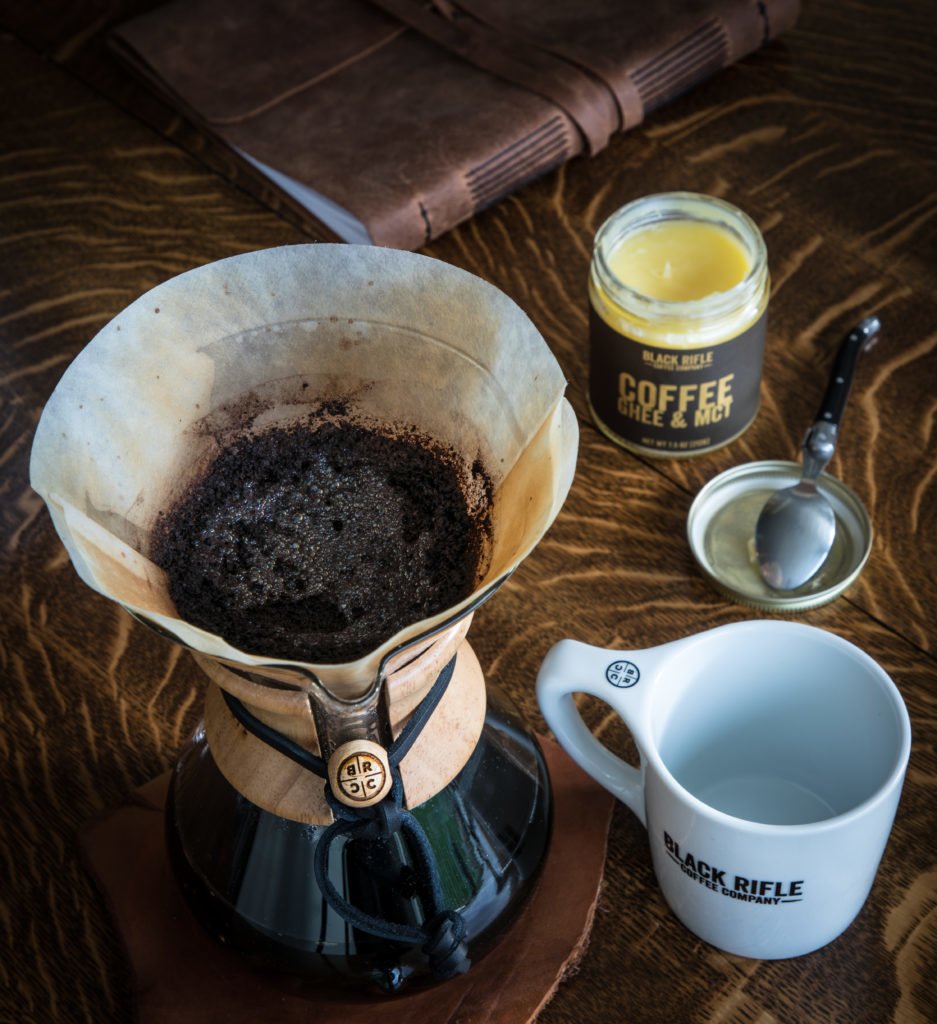
Today, there are many different approaches to creating an amazing cup of coffee. Whether you prefer a cappuccino or a cold brew, most coffee aficionados can concoct their preferred pick-me-ups from the comfort of their own homes. For those who enjoy a standard brew, there is one method that has become increasingly popular in recent years: the pour over.
The pour over process produces rich, aromatic flavors consistent with the tastes and textures found in only the most esteemed cafes and coffeehouses. Although the method originated in the early 1900s, the coffee industry has seen a spike in interest within the last few years, and many take it to be a modern technique.
What exactly does “pour over” mean, and how does it differ from my dusty, Target-purchased coffeepot?

The mechanisms around pour over coffee are actually quite simple. In basic terms, all one really needs is hot water, a coffee mug, a filter, and one’s choice of ground coffee. Simply fill the filter with the ground coffee beans, place it over the cup, and slowly pour in the boiling water. It’s a much more intricate process than using a standard coffee maker, which does the work automatically, but if you prefer a quality beverage, the pour over method is certainly worth the extra time and effort. In addition, hand brewing each cup of coffee gives ample room for experimentation, smooths out the taste by removing much of the bitterness, and accents more of the bean’s authentic sweetness.
To really garner the pour over method’s benefits, it’s worthwhile to invest in the proper accessories. A wide range of pour over devices are on the market, but for us coffee devotees here at Coffee or Die Magazine, one stands out among the rest: the Chemex.
Invented in 1941 by Peter Schlumbohm, the Chemex is known for its hourglass frame and heatproof wooden collar that allows for seamless handling and pouring. A first in its class, the Chemex has an elegant design that was hand-picked by the Illinois Institute of Technology as one of the 100 best-designed products in modern times. It has even been displayed in New York City’s notable Museum of Modern Art. Aside from its striking appearance, the Chemex is not only incredibly practical, but because of its special paper filters, it produces a clean, crisp cup of coffee.
Looking to create the perfect pour over of your own? Follow our guide below.
Step One:
Weigh and grind whole beans to a medium-coarse texture using your preferred grinder. We generally recommend a 16-to-1 ratio of water to coffee — 16 grams of water for every 1 gram of ground beans. For this cup, we’re using 20 grams of coffee.
Step Two:
Heat 320 grams of water to between 195 and 204 degrees Fahrenheit, depending on the roast. An electric kettle is the most convenient way to heat the water, but any standard method is acceptable as long as you calculate the proper amount of water and can gauge the temperature.
Step Three:
While the water is heating, place a filter inside the cone of the Chemex. Before adding the grounds, wet the filter with hot water to both heat the vessel and eliminate any paper taste from the filter. Empty that water from the Chemex, then gently add the measured ground coffee to the filter, ensuring equal distribution of the grinds.

Step Four:
Once the water has reached temperature, remove it from the heat and pour a small amount — about 40 grams, or double the weight of the coffee — onto the grounds in a steady spiral. Let it sit for about 30 seconds, allowing the coffee to “bloom.” In other words, and fittingly for spring, you will notice the grounds inflate and produce some bubbles. The bloom effect begins when the water meets the grinds, releasing built-up carbon dioxide. You’ll also start to smell a strong, fresh coffee scent — the result of coffee-bean oils. The fresher the coffee, the greater the bloom.
Step Five:
After about 30 seconds of bloom time, continue to slowly pour the remaining water in a circular motion, ensuring all the grounds have been saturated.
Step Six:
Discard the filter (coffee grounds are great for your spring garden!), pour the resultant coffee into your favorite mug, and enjoy the rich and indulgent flavors a Chemex is known for producing. Who needs to go out for coffee when you can make it this good at home?
Read Next:

BRCC and Bad Moon Print Press team up for an exclusive, limited-edition T-shirt design!
BRCC partners with Team Room Design for an exclusive T-shirt release!
Thirty Seconds Out has partnered with BRCC for an exclusive shirt design invoking the God of Winter.
Lucas O'Hara of Grizzly Forge has teamed up with BRCC for a badass, exclusive Shirt Club T-shirt design featuring his most popular knife and tiomahawk.
Coffee or Die sits down with one of the graphic designers behind Black Rifle Coffee's signature look and vibe.
Biden will award the Medal of Honor to a Vietnam War Army helicopter pilot who risked his life to save a reconnaissance team from almost certain death.
Ever wonder how much Jack Mandaville would f*ck sh*t up if he went back in time? The American Revolution didn't even see him coming.
A nearly 200-year-old West Point time capsule that at first appeared to yield little more than dust contains hidden treasure, the US Military Academy said.












